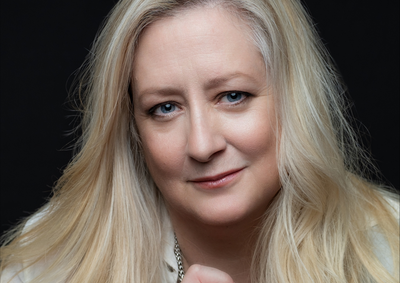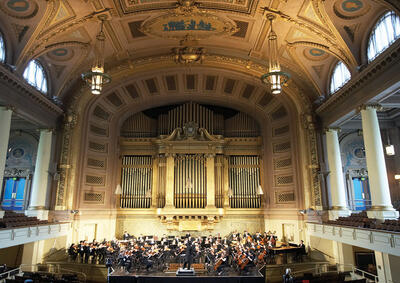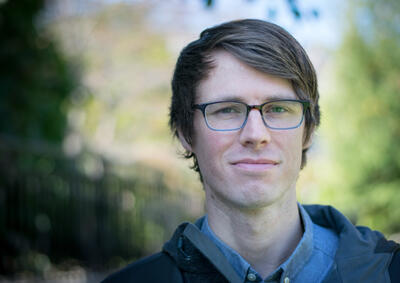Wei-Yi Yang review: Yale Pianist Dazzles With Chopin, Liszt, Scriabin
January 29, 2015 - Greenville, NC | The word must have gotten out among keyboard aficionados that someone special was coming to perform as a guest pianist at East Carolina University. Of course, many students were in the Fletcher Recital Hall auditorium, but many from the community were attending, too. And visiting Yale University faculty pianist Wei-Yi Yang gave a memorable program that generated a strong response from the nearly full house.
Yang fashioned a program he called “Mysterium” around the centenary of the death of Alexander Scriabin, yet another of the musical greats of the past who died far too soon (in his case, at age 43.) The interesting aspect of
Yang’s program was that he combined works by Scriabin with works by Chopin and Liszt, showing that the line between early Romantic to mid-Romantic and the cusp of more modern music is not as long as one might think. Yang’s program was divided into three sections, including one set of nocturnes and a closing set of etudes. Despite its length, about 90 minutes, Yang’s energy never flagged, and he offered the audience probably more Scriabin music, with all its intricacies, boldness, unusual harmonies and shifts in mood and tone, than anyone in the audience had heard before.
Chopin was represented by a Nocturne in F-sharp minor, Op. 48, No. 2, and Three New Etudes; Liszt by “La Lugubre Gondola” and “Bagatelle Sans Tonalité.” From the first notes of the Chopin, Yang showed polish, elegance and passion, with perhaps extra emphasis on passion. This was not a “pretty” piano recital; that is, not a recital of just “pretty” music. The Chopin pieces contained introspective sections; the two Liszt pieces lacked some of the grandeur often associated with the composer and often were in dark, minor keys. Despite his relatively slight stature, Yang played the bolder passages with great power, yet he also showed the lightest touch — a graceful, caressing touch — on the more delicate passages. His approach to contrasting sections of tension and drama with sections of sheer beauty was assured.
The focal point of the recital was the music of Scriabin (1872-1915), and Yang presented a wide variety of the Russian’s compositions. His Poème-Nocturne, Op. 61, had an almost otherworldly sound; his two Poèmes, Op. 32, contrasted a mellow, romantic feeling with a bold, nervous, intense feeling, an example of Yang’s more powerful approach. Three Morceaux, Op. 52, moved from playful to languid, with scoring all over the keyboard. “Vers La Flamme: Poème,” Op. 72, was Scriabin in a more extroverted sense, filled with drama (especially in the left hand chords) and built on a slow ascent up the keyboard, including tricky cross-hand and furious knots of chords in the right hand.…





